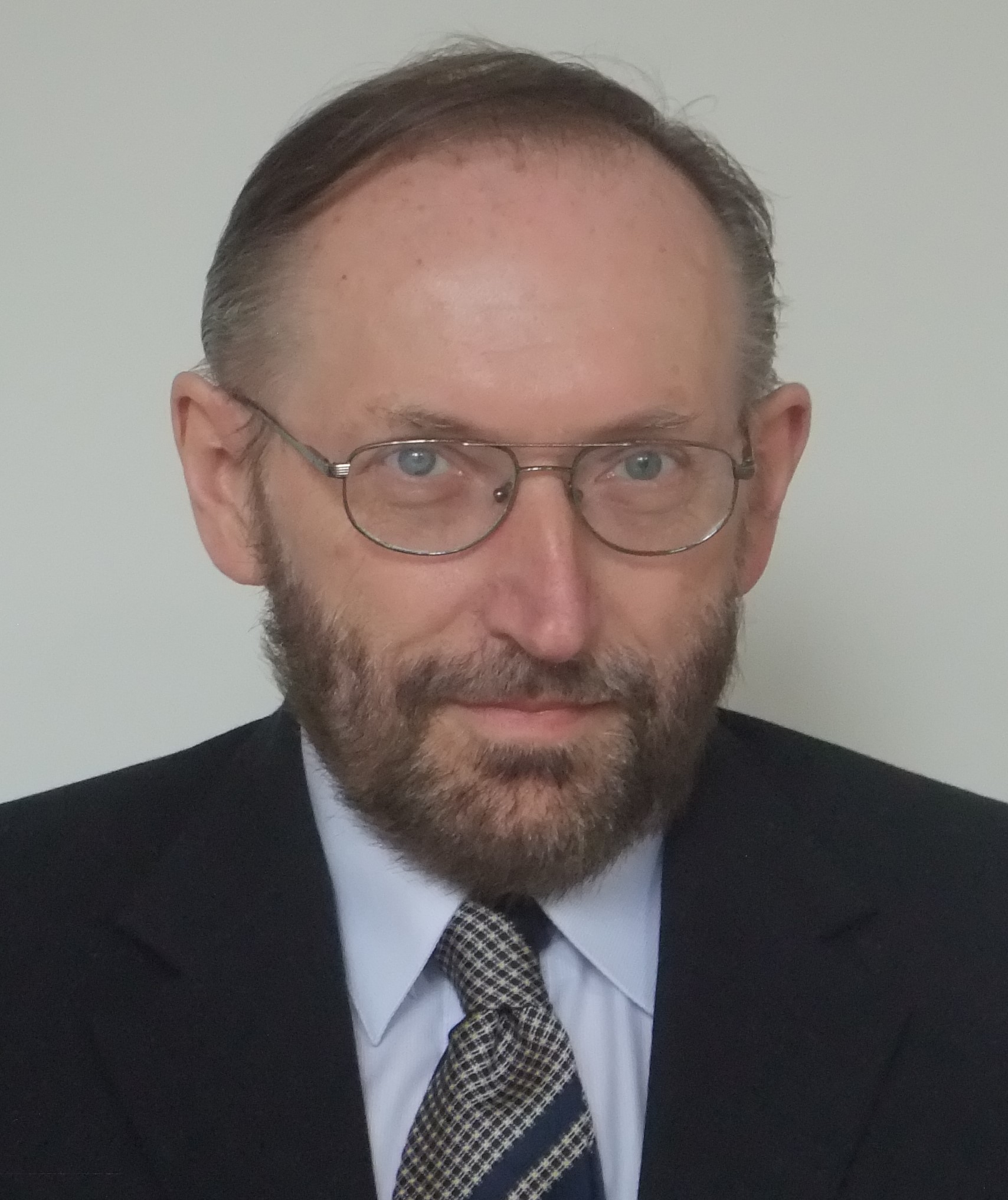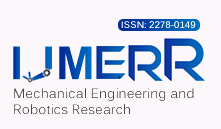Keynote Speakers

Prof. Witold Pedrycz
University of Alberta, Edmonton, Canada
Speech Title: A Unified Framework of Data and Knowledge Environment of Machine Learning
Abstract: Over the recent years, we have been witnessing truly remarkable progress in Machine Learning (ML) with highly visible accomplishments encountered, in particular, in natural language processing and computer vision impacting numerous areas of human endeavours. Driven inherently by the technologically advanced learning and architectural developments, ML constructs are highly impactful coming with far reaching consequences; just to mention autonomous vehicles, control, health care imaging, decision-making in critical areas, among others.
Data are central and of paramount relevance to the design methodology and algorithms of ML. While they are behind successes of ML, there are also far-reaching challenges that require urgent attention especially with the growing importance of requirements of interpretability, transparency, credibility, stability, and explainability. As a new direction, data-knowledge ML concerns a prudent and orchestrated involvement of data and domain knowledge used holistically to realize learning mechanisms and support the formation of the models.
The objective of this talk is to identify the challenges and develop a unique and comprehensive setting of data-knowledge environment in the realization of the development of ML models. We review some existing directions including concepts arising under the name of physics informed ML.
Key ways of elicitation and accommodation of domain knowledge are investigated. An impact on the structuralization of the ML architectures and the ensuing implications on the interpretability, explainability and credibility as well as semantic stability are studied. We investigate the representative topologies of ML models identifying data and knowledge functional modules and interactions among them. The detailed considerations on the facet of explainability including new ideas of semantic stability are covered. We also elaborate on the central role of information granularity in this area.
Biography: Witold Pedrycz (IEEE Life Fellow) is Professor in the Department of Electrical and Computer Engineering, University of Alberta, Edmonton, Canada. He is also with the Systems Research Institute of the Polish Academy of Sciences, Warsaw, Poland. Dr. Pedrycz is a foreign member of the Polish Academy of Sciences and a Fellow of the Royal Society of Canada. He is a recipient of several awards including Norbert Wiener award from the IEEE Systems, Man, and Cybernetics Society, IEEE Canada Computer Engineering Medal, a Cajastur Prize for Soft Computing from the European Centre for Soft Computing, a Killam Prize, a Fuzzy Pioneer Award from the IEEE Computational Intelligence Society, and 2019 Meritorious Service Award from the IEEE Systems Man and Cybernetics Society.
His main research directions involve Computational Intelligence, Granular Computing, and Machine Learning, among others.
Professor Pedrycz serves as an Editor-in-Chief of Information Sciences, Editor-in-Chief of WIREs Data Mining and Knowledge Discovery (Wiley), and Co-editor-in-Chief of Int. J. of Granular Computing (Springer) and J. of Data Information and Management (Springer).

Prof. Maryline Chetto
University of Nantes, France
Biography: Maryline Chetto is currently a full professor in computer engineering with the Institute of Technology of the University of Nantes, France. She received the degree of Docteur de 3ème cycle in control engineering and the degree of Habilitée à Diriger des Recherches in Computer Science from the University of Nantes, France, in 1984 and 1993, respectively. From 1984 to 1985, she held the position of Assistant professor of Computer Science at the University of Rennes, while her research was with the Institut de Recherche en Informatique et Systèmes Aléatoires (IRISA), Rennes. In 1986, she returned to Nantes and has been from 2002 a full professor with the University of Nantes. She is conducting her research at Laboratoire des Sciences du Numérique de Nantes (LS2N) in the Real Time System team. Her main research interests include Scheduling, Fault-tolerance and Dynamic Power Management technologies for real time embedded applications. She is now studying the issue of scheduling tasks under real-time constraints in a device such as sensor node that uses renewable energy to supply it. She has more than 150 papers published in international journals and conferences. She was the editor of the books Real-time Systems Scheduling (Elsevier, 2014) with volume 1 Fundamentals and Volume 2 Focusses. She was the co-author of the book Energy Autonomy of real-time systems (Elsevier, 2016). She was the Chairman of the French national Project Cleopatre ” Composants Logiciels sur Etagères Ouverts Pour les Applications Temps-Réel Embarquées” (2002-2005). She was the program committee co-chair of the 17th International Conference on Real-Time and Network Systems (2009). Since 2011, she was elected member of the French National Council for Universities.

Assoc. Prof.
Song-Kyoo (Amang) Kim
Macao
Polytechnic University,
China
Speech Title: Unleashing the Power of Generative AI: Revolutionizing Industries and Cultural Paradigms
Abstract: This talk attempts to explore the impact of Generative AI (GAI) such as ChatGPT on the future, specifically in the realm of industry and culture. The incorporation of GAI into the practice of industry and society may necessitate a reformulation of the definition of creative works and their evaluation systems. The integration of ChatGPT into society raises important questions about the ethics of AI-generated authorship and its implications for the value of creative work. These new GAI-enabled services, including chatbots, have the potential to revolutionize several fields, particularly the labor market and creative works, including illustration, music, creative writing and all areas of humanity. This keynote presents a qualitative analysis of the impact of GAI on industries and its implications on cultural paradigms. The future trajectory of this new technology is not unlike other previous technological innovations, but GAI technology is expected to reshape the value of knowledge and creativity. This research aims to shed light on these pressing issues and present a possible compromise strategy to resolve them.
Biography: Dr. Song-Kyoo
(Amang) Kim is an Associate Professor of
Operations Research and Data Sciences in
Macao Polytechnic University (MPU). Prior to
moving into Macao, he had taught various
universities in UAE and he was the core
faculty member of Asian Institute of
Management who taught Technology, Innovation
and Operations topics. Before joining the
academe, he had been a Technical Manager of
the mobile communication division at Samsung
Electronics for over 10 years and mainly
dealt with technology management in IT
industries. Dr Kim received his Ph.D. of
Operations Research in 2002 from Florida
Institute of Technology. He is the author of
various research papers and patents focused
on mobile industries. He is the project
leader of major 6 sigma and TRIZ projects in
Samsung Electronics.




